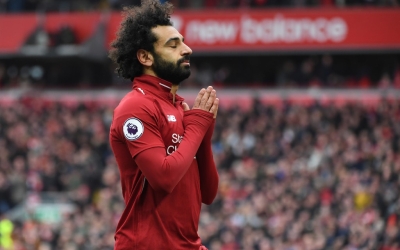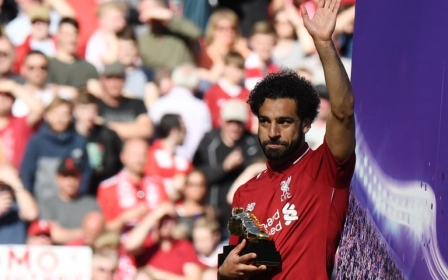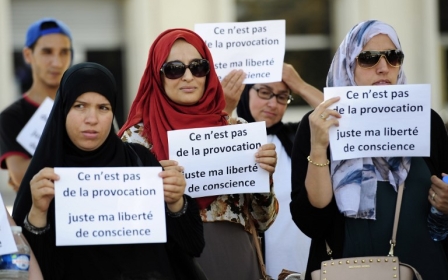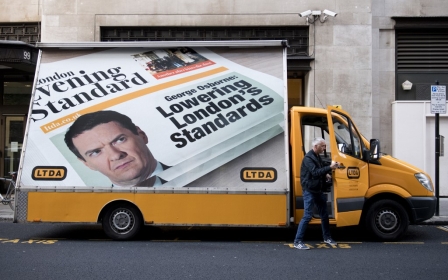Football: How racism and Islamophobia are corrupting the beautiful game
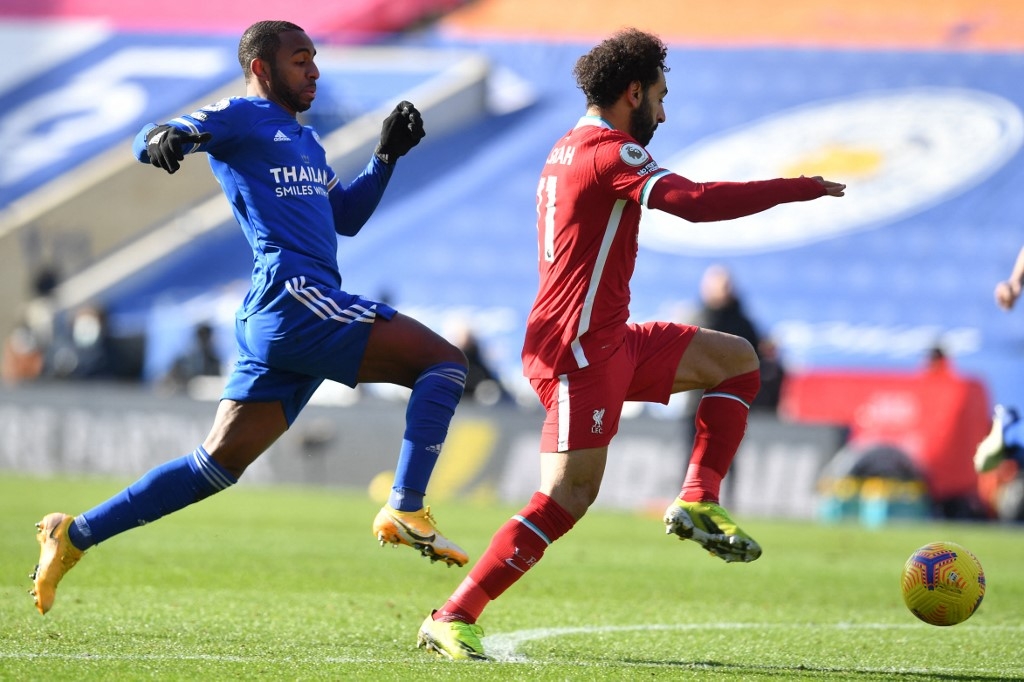
I turned, dropped my shoulder and tried to dribble past two players. As I weaved past one with an instep and another with an outstep, the ball seemingly in my control, I suddenly felt the velocity of studs slicing my leg, touching the bone as I fell to the ground.
On the touchline, angry parents began screaming: “Get up!” Then, one shouted: “Pakis shouldn’t be allowed to play football!” I was only 10 at the time, but every day I relive the memory of what it felt like to dream that I could one day become among the first homegrown South Asian footballers.
In the 1980s, “Paki-bashing” as a form of cultural racism had become normalised. Recent incidents of discrimination and prejudice against football players such as Axel Tuanzebe, Pierre-Emerick Aubameyang, Raheem Sterling and Mohamed Salah feel like history repeating itself.
Racist and misogynistic abuse
While national media coverage has focused on the targeting of professional football players, the beautiful game at the grassroots level is being ignored. For this reason, my colleague and I wanted to speak with those who seem to have been forgotten by the Football Association.
New MEE newsletter: Jerusalem Dispatch
Sign up to get the latest insights and analysis on Israel-Palestine, alongside Turkey Unpacked and other MEE newsletters
The people with whom we spoke told us about how they experienced Islamophobia and racism from members of the public, and from players on other teams. In some cases, incidents of abuse that started offline later moved to the online realm.
In one case, a player named Dawud told me that he had heard fans of the other team shouting 'burn the Quran'
Their visibility as Black or Asian Muslims was a key trigger for this hatred. There is also a gendered element, with Muslim women who wear the hijab experiencing both Islamophobia and misogyny, which has impacted their career development.
In one case, a player named Dawud told me that he had heard fans of the other team shouting “burn the Quran”. He said he had been called “Taliban”, “bomber” and various other slurs targeting his Pakistani-Muslim heritage.
While Islamophobia remains an underreported hate crime, female Muslim footballers say they have received racist and misogynistic posts on social media. “They call me ISIS b***h and bin Laden’s daughter,” a player named Hannah said.
Psychological distress
For too long, the blatant Islamophobia at the grassroots level of our beautiful game has been ignored - even as data from the Home Office shows that arrests for racism-related offences connected to football matches in England and Wales are on the rise. In the 2019/20 season, hate crime incidents were reported in relation to 287 matches, and 75 percent of those incidents were related to race.
Some of the blame has been attributed to groups such as the Football Lads Alliance and other groups associated with the far right. Social media pages and blogs have been used by some to endorse violent and racist behaviour.
Islamophobia within grassroots football can cause emotional, psychological, physical and even financial distress to its victims. A player named Huma said that she suffered from self-confidence issues and insecurity after experiencing this type of abuse: “There are times I go home after a match and I cry.” A player named Kyle added: “I felt depressed after the last incident. I started seeing a counsellor as a result.”
The Football Association and other groups are always willing to give the standard soundbites, but it’s time to take a serious look at the grassroots game and to acknowledge some of these major failures. This starts with addressing the root causes of structural racism and inequality in our society, and addressing the barriers to entry for young, homegrown South Asian footballers.
Time for an honest conversation
This isn’t about Mohamed Salah, Paul Pogba or Raheem Sterling. This is about Dawud, who lives on my street and kicks his ball every morning against a wall, but is too fearful to play professional football because he’s likely to be called a terrorist due to his beard.
It’s about Hannah, who wears a hijab and wants to play professional football, but is told to take it off because it could impact her performance.
We need to have an honest conversation about what’s happening to football; only then can we start to address the wider issues in the professional game. Otherwise, we risk losing another generation of talented South Asian footballers who are reluctant to continue playing because they are perceived as the “Other”.
The views expressed in this article belong to the author and do not necessarily reflect the editorial policy of Middle East Eye.
Middle East Eye delivers independent and unrivalled coverage and analysis of the Middle East, North Africa and beyond. To learn more about republishing this content and the associated fees, please fill out this form. More about MEE can be found here.



